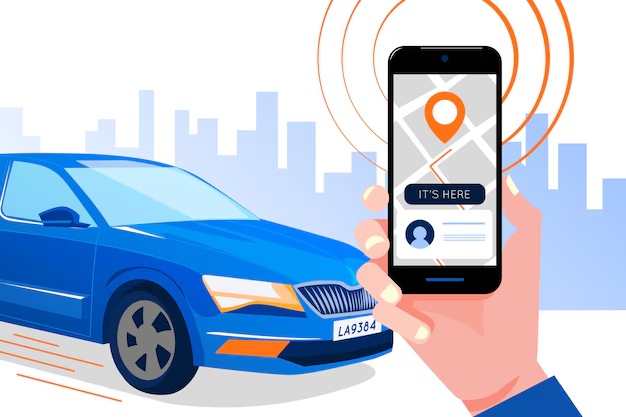

When individuals and businesses look to track the location of their vehicles, one of the first questions is: “What does a GPS tracker cost?” Followed by: “Are there subscription fees?” And for businesses, the question shifts to: “What return on investment can we expect from tracking a fleet of vehicles?”
The answer isn’t simple, as the cost varies based on factors like the purpose of the tracker, the technology it uses, performance requirements, and the pricing model you choose. It’s important to weigh the overall costs against the potential savings, such as lower fuel consumption, better vehicle management, and improved productivity.
In this article, we’ll break down the key factors influencing the cost of GPS tracking systems to help you estimate your investment.
To get a true sense of the cost of a GPS tracker, it’s essential to look beyond the hardware. The main factors that make up the total cost are:
It’s crucial to understand potential costs tied to subscription plans and connectivity options, which can vary significantly across different providers. Having a clear picture of these components will help you make an informed decision and avoid any unexpected expenses.
When searching for the most affordable GPS trackers, you’ll find a range of options with different features and price points. Some are designed for general vehicles, while others specialize in specific types, like motorcycles or boats. Here are some of the options available:
The right choice depends on your needs—whether you’re looking to protect your vehicle from theft, manage a fleet of vehicles for business, or optimize fuel consumption.
Some GPS trackers are marketed as “subscription-free” or “SIM-free,” but it’s important to understand what that actually means. These trackers may have lower upfront costs but could come with hidden ongoing expenses. For example, if the tracker doesn’t come with a SIM card, you might need to purchase one separately, and that could involve additional network fees depending on your provider.
Be sure to factor in all costs when considering a GPS tracker to avoid surprise charges down the road.
When you purchase a GPS tracker, you typically have two options: buy or lease. Here’s what each option means:
For businesses, installing GPS trackers on vehicles can result in substantial savings, often providing a return on investment in just a few months. The key benefits include:
Many insurance companies offer discounts for drivers who use GPS trackers as part of a “Pay As You Drive” (PAYD) program. Depending on your driving habits, these programs can adjust your rates based on how much and how safely you drive. There are different types of policies to consider:
By using a GPS tracker, you can potentially lower your insurance costs while gaining a range of other benefits.
100% Original product that covered warranty by the vendor.
You have the right to return your orders within 30 days.
Your orders are shipped seamlessly between countries
Your payments are secure with our private security network.

Phone: +590590 272436